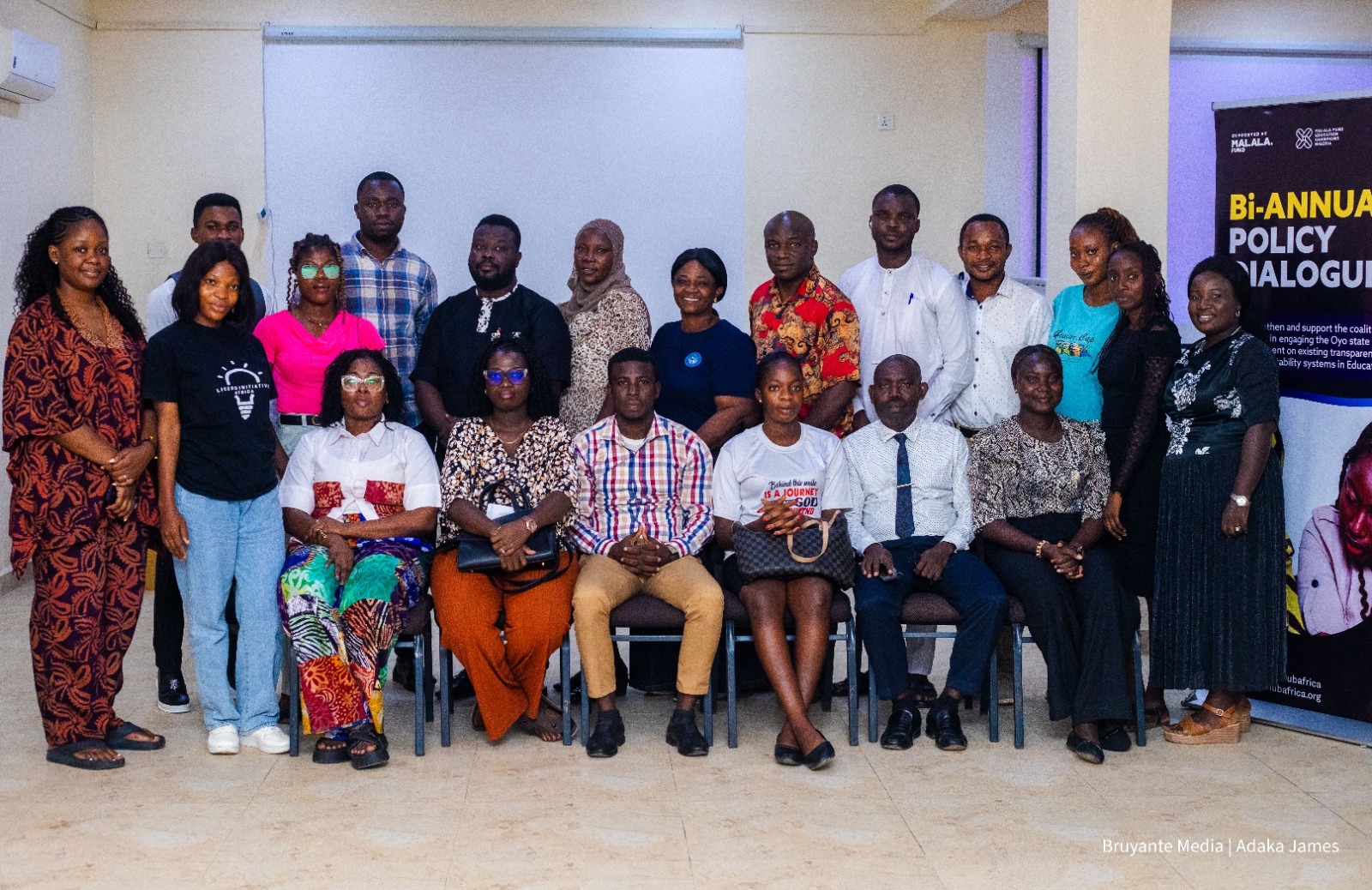
Researchers at the University of Ibadan have trained no fewer than 351 healthcare workers on remote consulting in Ibadan, the Oyo State capital.
The training was to improve access to healthcare for marginalised populations in Nigeria.
A co-investigator on the project, Professor Olufunke Fayehun, disclosed this at the stakeholders’ meeting on “REaCH worker training: upscaling in Ghana and Nigeria”.
The university don disclosed that the training involved 232 pre-service healthcare workers (Oyo state College of nursing sciences and University of Ibadan College of medicine) and 119 in-service health care workers in nineteen primary healthcare facilities in Ibadan comprising 96 community health extension workers, 20 nurses and three midwives.
According to her, the REaCH traning modules on remote consulting has received accreditation for Continuing Professional Development (CPD) from the Community Health Practitioners Registration Board of Nigeria (CHPRBN) and Medical and Dental Council of Nigeria (MDCAN) to empower Nigeria’s healthcare workers with the modern knowledge of deploying remote consulting in healthcare delivery to expand its service delivery.
The 19 primary health centers that are the beneficiaries of the training included: Akinyele Primary Health Centre (PHC), Shasha PHC, Wakajaye PHC, Egbeda PHC, Agbowo PHC, Sabo PHC, Omowumi PHC, Idera oluwa PHC, Alafara PHC, Ayekale PHC, Odinjo PHC, Mapo PHC, Isale-Osi PHC, Foko PHC, Awodife PHC, Oluyole PHC, Ido PHC, Omi PHC, and Olosunde Awotunde PHC.
Fayehun noted that the REaCH training is aimed at achieving Universal Health Coverage Goals by providing everyone access to quality health services when and where needed, without financial strain which is made possible through remote consultation and training of the healthcare workers to drive the process.
This training is part of the Global Health Workforce programme large grant sponsored by the United Kingdom Global Health Partnerships (formerly THET)
According to her, quality healthcare will reduce premature deaths and cost implications for patients with long-term conditions as well as ensure timely contact between patients and healthcare workers
Noting that success in primary health care depends on well-trained workers, Professor Fayehun disclosed that the REaCH intervention involved the partnership of 30 researchers from five universities from the UK, Nigeria, and Ghana (Kings College, University of Warwick, University of Ibadan, Bayero University Kano and University of Ghana)
She noted that in resource constrained countries like Nigeria, healthcare services can be delivered through effective remote care delivery through the use of phone, video, and text consultations
While speaking with newsmen, the Lead Investigator Professor Akinyinka Omigbodun explained that the program was initiated so that patients with certain conditions would be taken care of without the need to be physically present at the facility.
He also added that they are concentrating on the situations where remote healthcare services are appropriate because it will reduce the number of people coming to the health facility.
Omigbodun emphasised that this would be more convenient for the patients and would help them adhere to their treatment.






